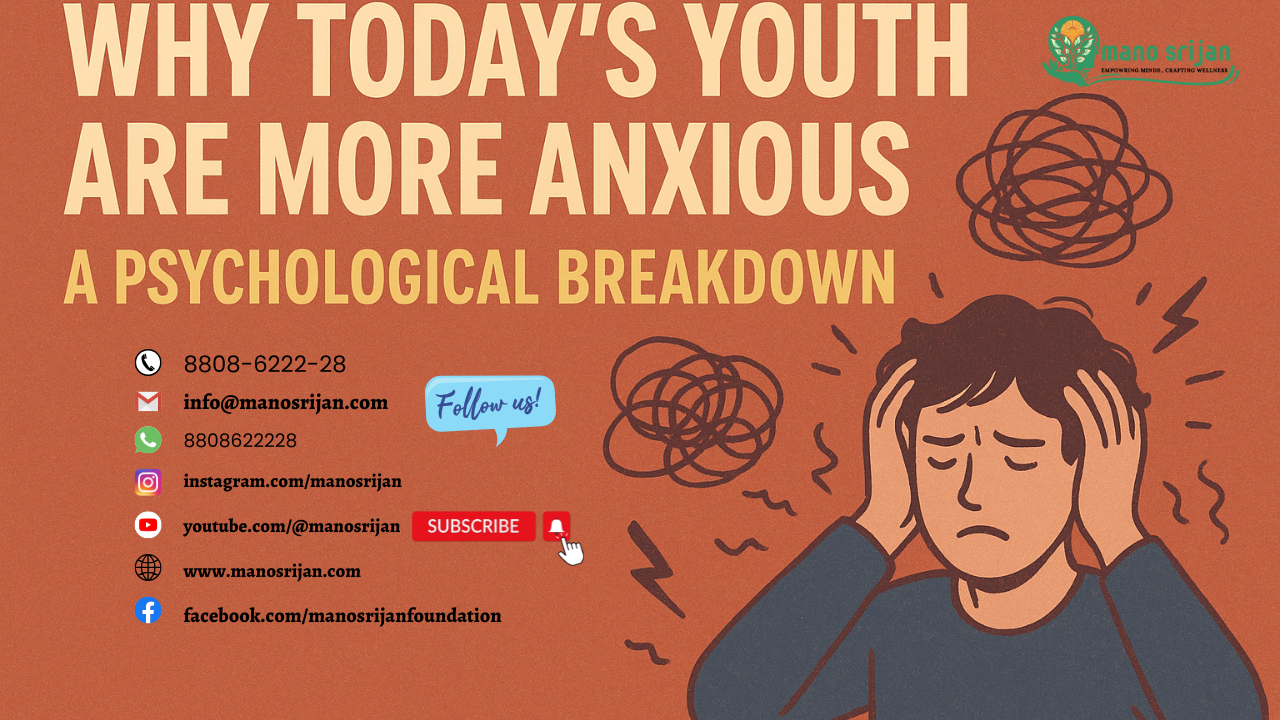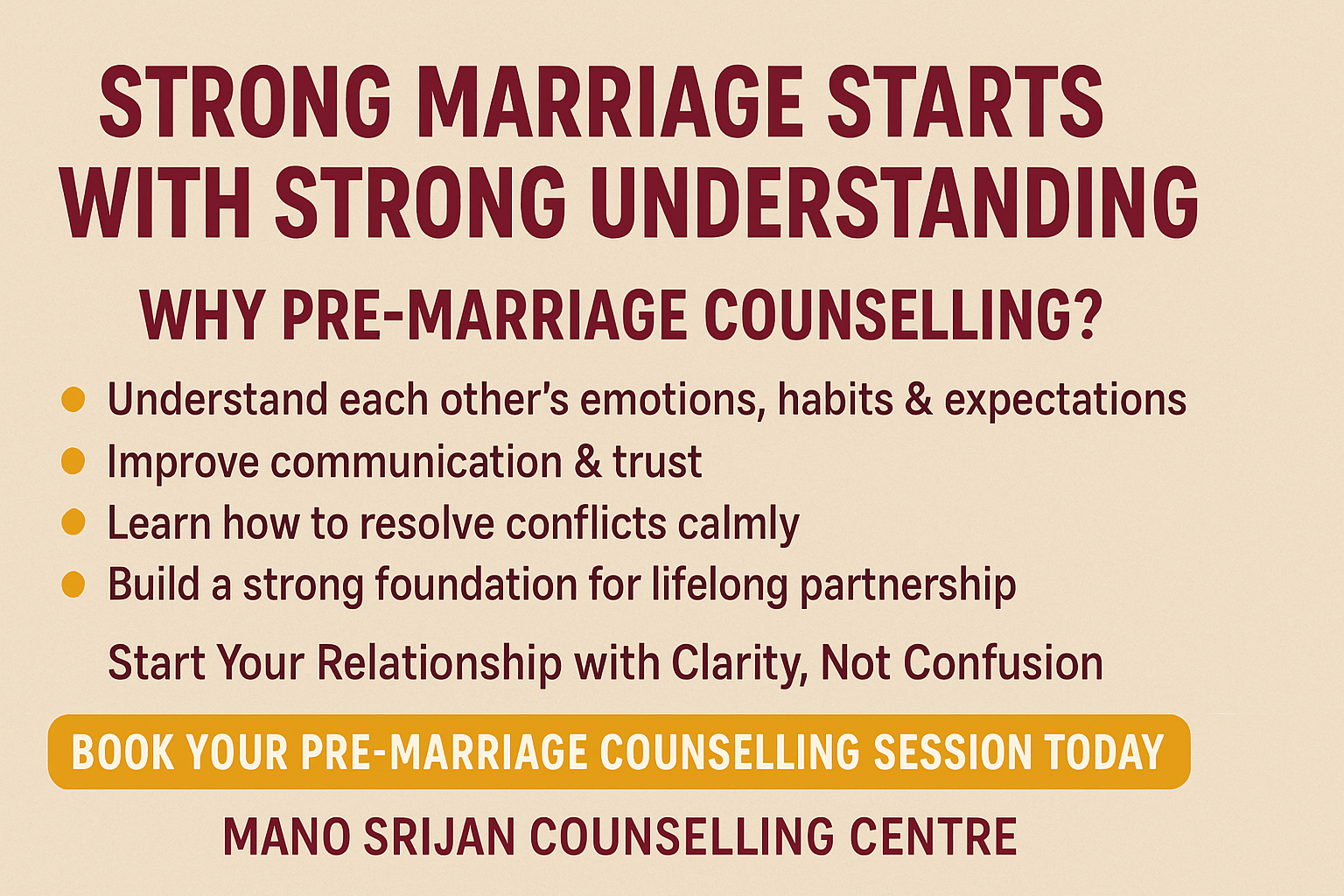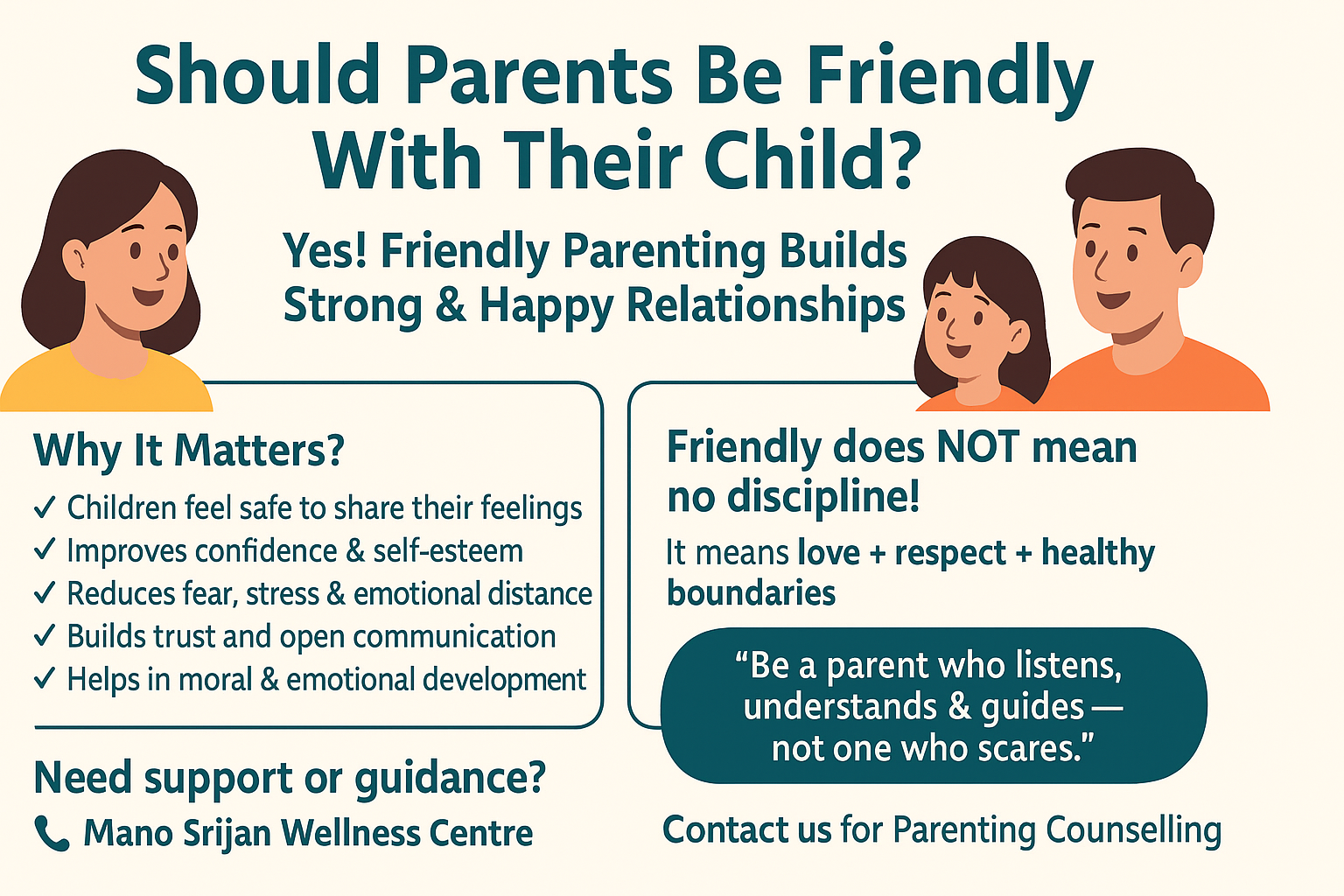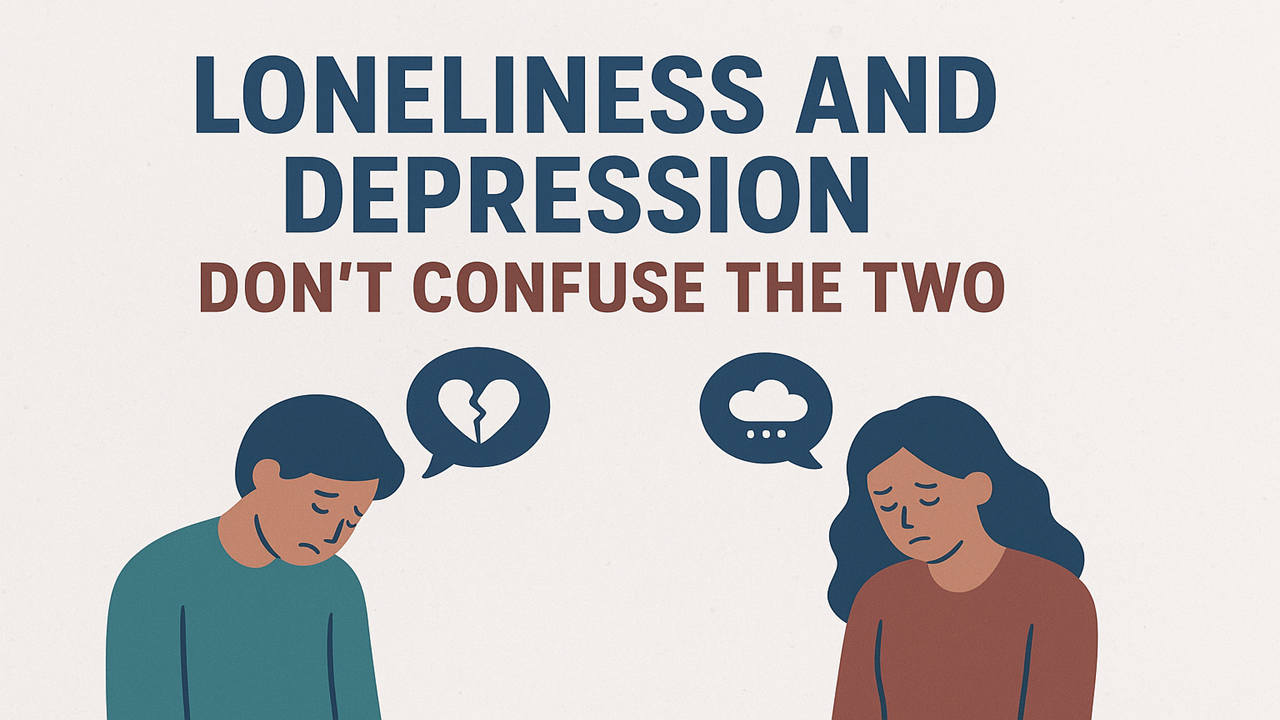
- 02 May 2025
- Psy. Ashish Pandey
Understanding POSH and POCSO Safeguarding Rights and Dignity
In a country as vast and diverse as India, ensuring the
safety and dignity of individuals—especially women and children—is not just a
legal requirement but a moral imperative. Two critical laws that uphold this
responsibility are the POSH Act and the POCSO Act. Though they
cater to different groups and contexts, both aim to create safer spaces at
workplaces and in society.
What is the POSH Act?
POSH stands for the Prevention of Sexual
Harassment of Women at Workplace Act, 2013. It was enacted to protect women
from sexual harassment at their place of work and to ensure a safe working
environment.
Key Features:
- Applies
to all workplaces: Public or private, organized or unorganized.
- Covers
all women employees: Including temporary staff, interns, domestic
workers, and even clients or visitors.
- Mandatory
Internal Complaints Committee (ICC): Organizations with more than 10
employees must form an ICC to handle complaints.
- Time-bound
investigation: Complaints must be resolved within 90 days.
- Penalties
for non-compliance: Employers can face fines, cancellation of
licenses, or even closure of the organization.
Why POSH Matters:
Workplace sexual harassment isn't just a personal
violation—it's a professional setback. POSH ensures that women can work with
dignity, free from fear and intimidation, and that workplaces foster respect
and equality.
What is the POCSO Act?
POCSO stands for the Protection of Children from
Sexual Offences Act, 2012. It was enacted to protect children (under 18
years of age) from sexual abuse, sexual harassment, and pornography.
Key Features:
- Gender-neutral law: Protects both boys and girls.
- Defines
a wide range of offences penetrative and non-penetrative
assault, sexual harassment, and using children for pornography.
- Child-friendly
procedures: From lodging FIRs to medical examination and court
proceedings, all steps must be conducted sensitively.
- Mandatory
reporting: Any adult aware of an offence under POCSO is legally bound
to report it.
- Special
POCSO Courts: Set up to handle cases exclusively and ensure speedy
trials.
Why POCSO Matters:
Child sexual abuse often goes unreported due to fear,
stigma, or lack of awareness. POCSO empowers children, parents, and guardians
to seek legal protection and ensures justice is swift and sensitive.
The Broader Impact: Building a Safer India
Both POSH and POCSO are not just laws—they are powerful
tools for cultural transformation. They signal a zero-tolerance approach to
sexual harassment and abuse and encourage a shift from silence and shame to awareness,
accountability, and action.
How We Can Contribute:
- Awareness:
Educate ourselves and others about these laws.
- Training:
Organizations and schools should conduct regular training sessions.
- Safe
Reporting Systems: Establish and promote channels where victims can
report without fear.
- Support:
Be a support system for survivors—emotionally and legally.
Creating a safe environment—whether it's an office, a
school, or a home—requires commitment at every level of society. POSH and POCSO
are not just legal frameworks; they are stepping stones toward a more just and
compassionate world.
Let’s work together to ensure every woman feels safe at
work, and every child grows up without fear.






